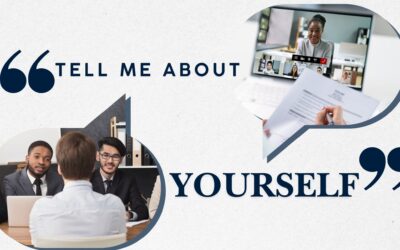How to Handle Difficult Interview Questions #7
What questions do you have for us?
Your questions should generally fall into these categories:
- What can you tell me about this job that isn’t in the description?
- What is the key to success in this job?
- Why is this position open?
- What is the biggest challenge someone in the job faces on a daily (or weekly or monthly) basis?
Getting to know the interviewer
- How long have you been with the company?
- Why did you come to work for this company?
- What is your favorite (or least favorite) part of working here?
Management Style
- Can you describe your management style?
- How do people that work for you know when they are doing a good (poor) job?
- How would your employees describe your management style?
Company culture
- What is the company and team culture like?
- How would you describe the work environment here – is the work typically collaborative or more independent?
- What is your favorite office tradition?
Performance measurements
- What metrics or goals will my performance be evaluated against?
- What are the most important things you’d like to see someone accomplish in the first 30, 60 and 90 days on the job?
- What are the performance expectations of this position over the first 12 months?
Future co-workers
- Can you tell me about the team I’ll be working with?
- Who will I work with most closely?
Opportunities for growth
- What is the career path for this position?
- Why is this position open?
Next steps
- What is the next step in the selection process, when should that occur and who should I follow-up with?
- Is there anything else I can provide you with that would be helpful?
- We have had an opportunity to get to know each other much better, is there anything at this point that gives you any hesitation about my background being a fit for this role?
- Any question that you should know the answer to. Do your homework and research before going to the interview, so you should already know about their products, services, history, size all information readily available through normal research.
- Questions about pay or benefits, these are reserved for negotiation after the offer is made.
- Finally, don’t bombard the interviewer with a laundry list of questions. If she seems engaged in the conversation and encourages you to keep asking, great, but if you see her looking at her watch, time to wrap it up! It’s best to pick a handful of questions that are most important to you and leave on a positive note.
 Rick Christensen: Director, Career Transition Practice
Rick Christensen: Director, Career Transition Practice
Rick’s passion is coaching individuals through career transitions, developing career management strategies and in identifying and sharpening competencies to open doors to new opportunities. His efforts have assisted thousands of individuals achieve their full potential.



